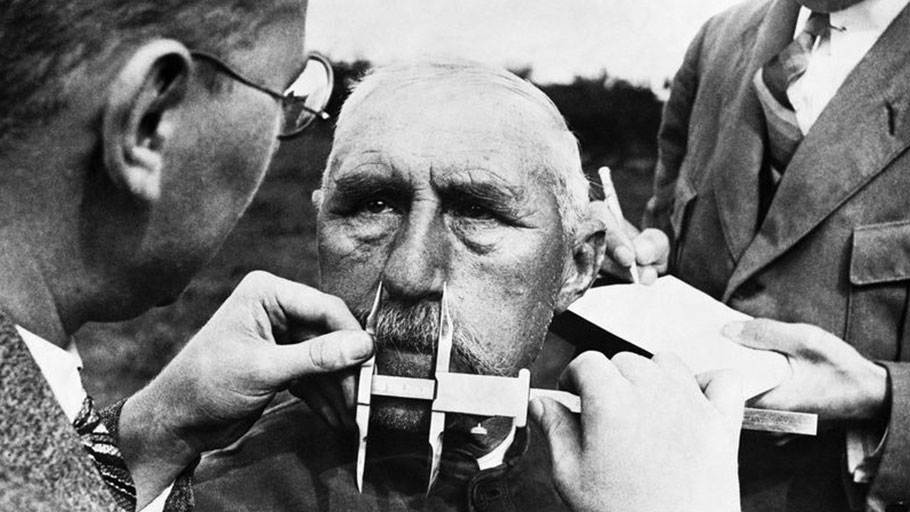
A new book explores how racist biases continue to maintain a foothold in research today By Ramin Skibba, Smithsonian — Scientists, including those who study race, like to see themselves…

A new book explores how racist biases continue to maintain a foothold in research today By Ramin Skibba, Smithsonian — Scientists, including those who study race, like to see themselves…

From prize-winners Esi Edugyan and Marlon James to debut novelists such as Sara Collins, a new generation of novelists is exploring a painful past. By Colin Grant, The Guardian — Two hundred years ago, slave narratives seemed one of the few routes to publication for black writers on both sides of the Atlantic. Autobiographical accounts written by former slaves such as Olaudah Equiano, Harriet Jacobs and Frederick Douglass proved enormously popular with readers, who…
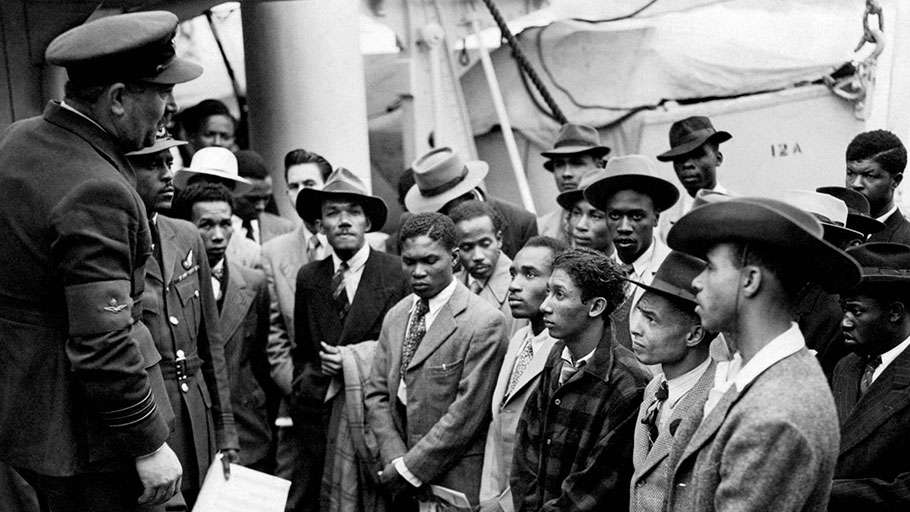
How Staying Power shook British history. When it was published in 1984 Staying Power vividly captured the struggle for black British identity. Nearly 35 years on it still has lessons to teach. By Gary Younge, The Guardian — “The very serious function of racism is distraction,” Toni Morrison argued in a lecture in Portland, Oregon, in 1975: It keeps you from doing your work. It keeps you explaining, over and…
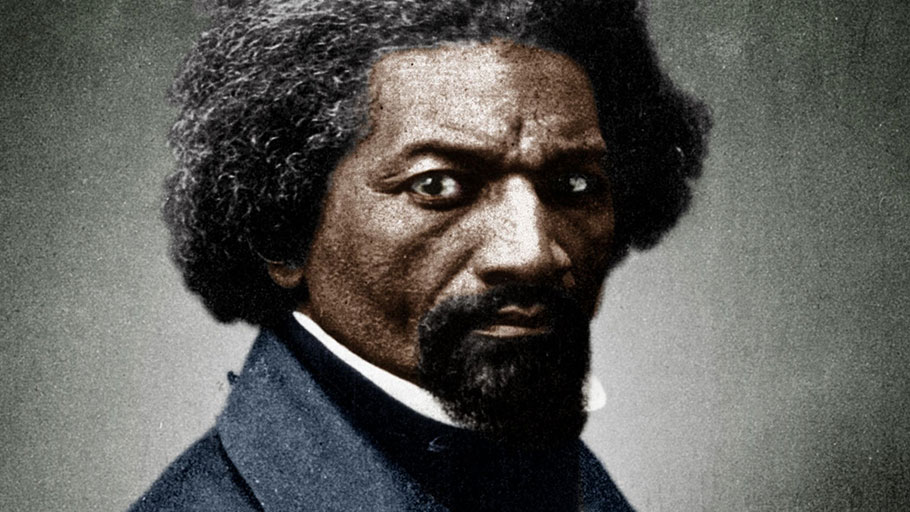
‘At first I didn’t want to,’ says the author of this magisterial biography of the great abolitionist, ‘it was so daunting’ By Martin Pengelly, The Guardian — David Blight arrives…
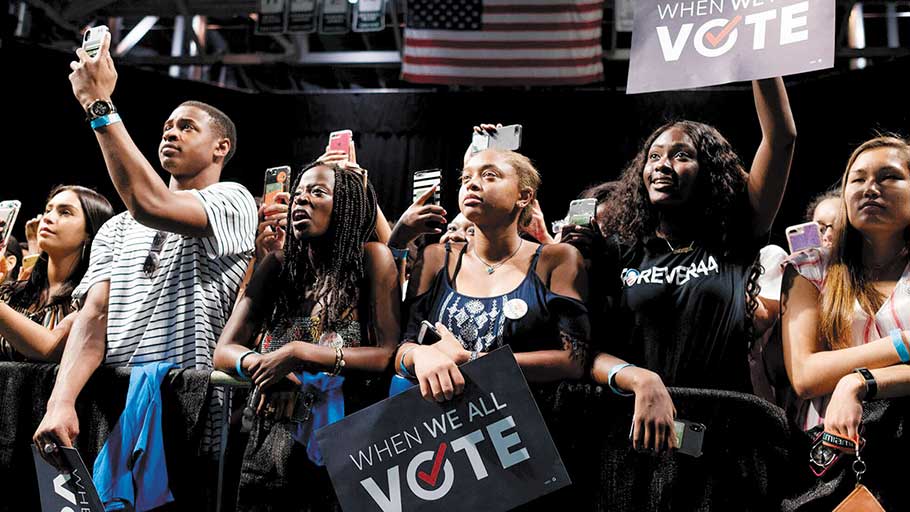
By Michael Tomasky, The New York Review — The Embattled Vote in America: From the Founding to the Present by Allan J. Lichtman Harvard University Press, 315 pp., $27.95 If you grew up, as I did, in the 1960s and 1970s, watching (albeit through a child’s eyes) the civil rights movement notch victory after victory, you could be forgiven for thinking at the time that that happy condition was normal.…

By Ashleigh Lawrence-Sanders, AAIHS — The familiar refrain after the Emmanuel AME massacre on June 17, 2015, was that Dylann Roof, the murderer, was not from “here.” But as Ethan Kytle and Blain Roberts’ Denmark Vesey’s Garden: Slavery and Memory in the Cradle of the Confederacy aptly demonstrates, Roof’s understanding of history and memory in Charleston led him to that church; and his understanding was not alien to the sometimes violently, oft-contested memory of slavery in the…

Yale professor Jason Stanley enters a growing literary field with a sober examination of an inflammatory political concept. By Tom McCarthy, The Guardian — One of the insidious ironies of fascist politics, the philosopher Jason Stanley writes in his arresting new book, is that talk of fascism itself becomes more difficult because it is made to seem outlandish. The normalization of the fascist myth “makes us able to tolerate what was once…
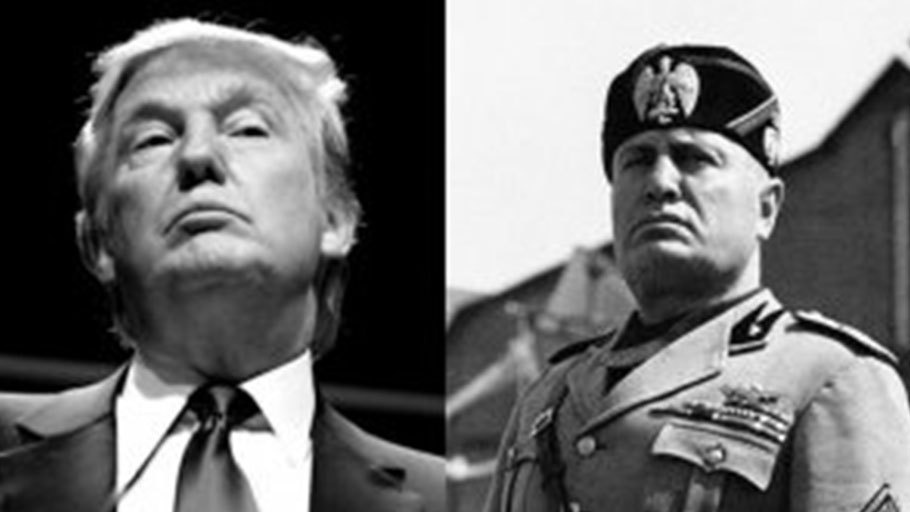
Trump and his ilk are channeling a noxious strain of patriotism that creates a nostalgia for a past that never existed. By Robert Scheer, Alternet / Truthdig — In a compelling…
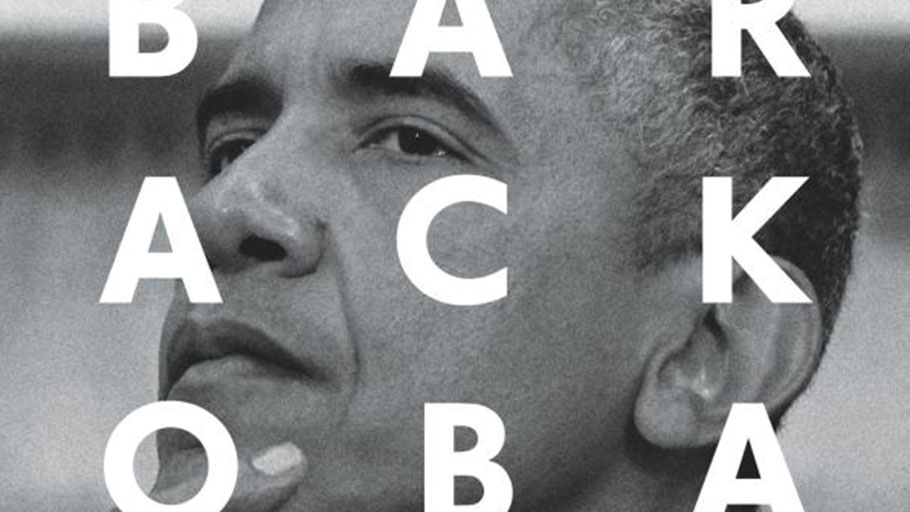
By Steven Sarson, History News Networks — The release of Dinesh D’Souza’s documentary “Death of a Nation” is the latest iteration of an alt.right mission to reinforce its recent rise to power…
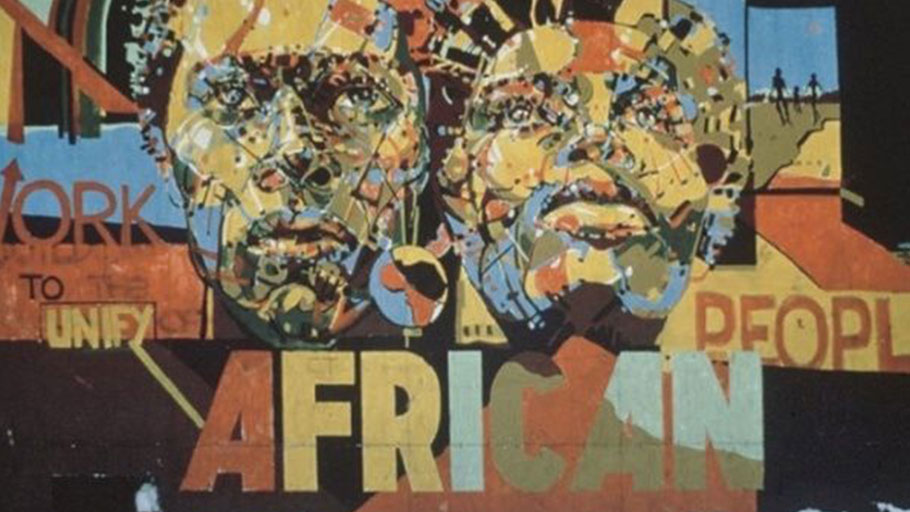
“African history is considered rather unimportant, but the history of the African diaspora isn’t considered at all,” Hakim Adi said. By teleSur — “Pan-Africanism: A History” a recently released book…
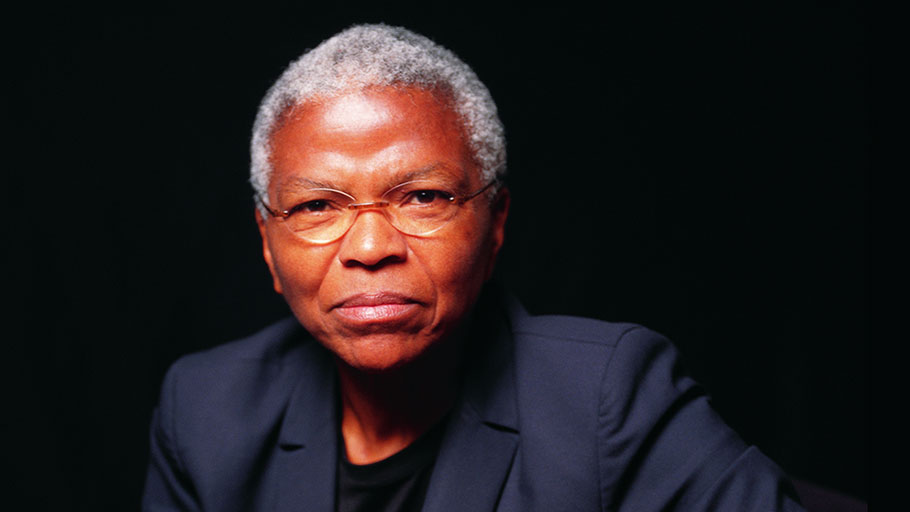
The civil rights activist, historian, and author discusses her new book “History Teaches Us to Resist: How Progressive Movements Have Succeeded in Challenging Times.” Civil rights activist, historian, and…
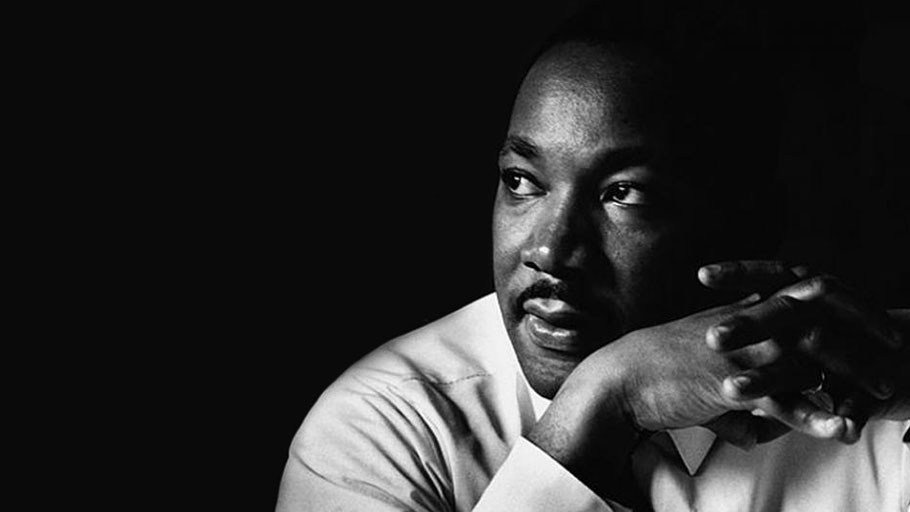
A new book argues that King’s suspicion of American capitalism and his passion for economic justice did not represent a turn in his last tumultuous years. They were there all…